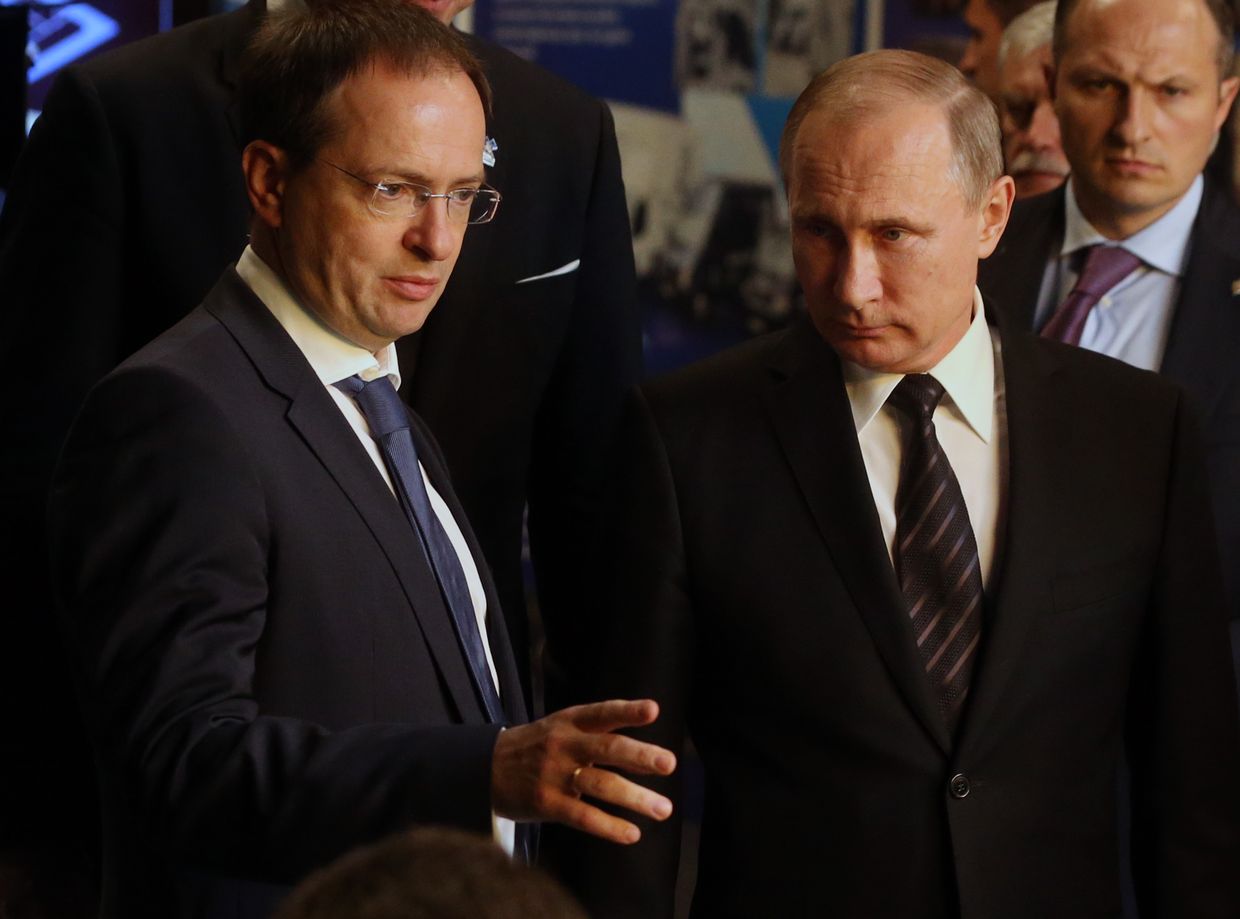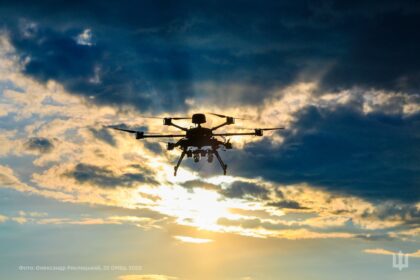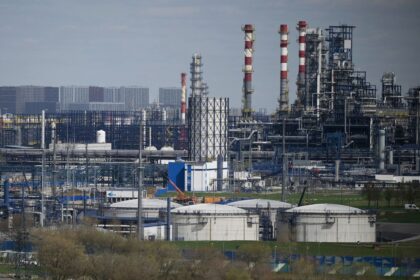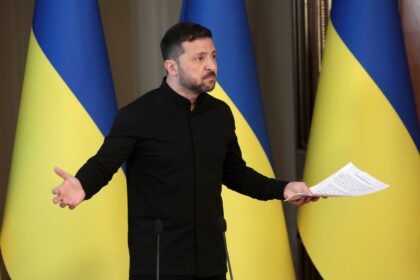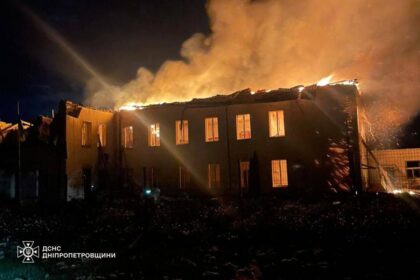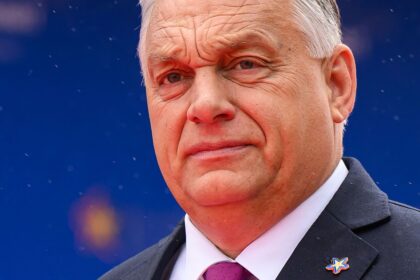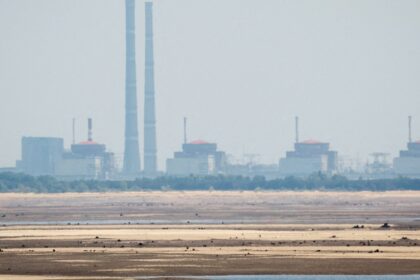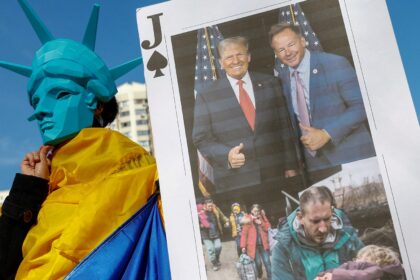**Pressure Mounts on Putin to Declare War on Ukraine**
Russian President Vladimir Putin is facing growing pressure from hardline nationalists within the Kremlin to formally declare war on Ukraine. The call for a full-scale declaration of war comes after a recent drone strike, dubbed Operation Spiderweb, which targeted four Russian air bases deep inside the country and reportedly damaged at least 20 Russian nuclear bombers.
The mood in the Kremlin is described as “shock and outrage” following the June 1 attack, with one senior official telling The Telegraph that it was a “personal tragedy.” Despite this escalation, the Kremlin has so far avoided making any dramatic changes to its strategy. A former Kremlin official said that the recent events did not spark a political discussion or alter the format of military operations.
However, hardliners argue that only a formal war declaration would permit true escalation – full-scale mobilization, regular missile strikes, and potentially the use of tactical nuclear weapons. Analysts say that such a move would grant the Russian government sweeping authority to shift the country fully onto a wartime footing.
Despite record defense spending, the Kremlin has avoided declaring war on Ukraine, seeking instead to preserve the illusion of control and protect the broader population from the immediate impact of the conflict. Russia’s defense spending is projected to reach 6.3 percent of its GDP this year – the highest level since the Cold War – yet still far below what would typically indicate a country fully mobilized for war.
**Escalation and Mobilization**
The recent attacks on Ukraine have led to a significant increase in tensions between Russia and the West. NATO Secretary General Mark Rutte welcomed the news of Russia’s military setbacks, while U.S. President Donald Trump suggested that Putin should focus on mediating Russia before turning attention to Ukraine.
Ukraine has suffered significant losses, with at least 28 people killed and 134 others injured after a mass Russian missile and drone attack on Kyiv overnight on June 17. The Ukrainian Foreign Ministry reported that 293 citizens in Israel and 85 in Iran have requested evacuation due to the ongoing conflict.
**Russian Aggression**
The international community has condemned Russia’s actions, with Australia’s Foreign Ministry calling the use of vessels to circumvent sanctions “illegal and immoral.” Lithuania’s Foreign Minister Kestutis Budrys stated that there is no expectation for an invitation to The Hague or a meeting between Ukrainian and Russian leaders.
As tensions escalate, Ukraine’s parliament supported a bill allowing citizens to hold passports from foreign countries. Meanwhile, the Slovak police seek to detain a former Defense Ministry official and have detained an ex-head of the Konstrukta Defense state company in a move denounced by Nad’s opposition Democrats party as politically motivated.
**What’s Next?**
The Kremlin’s refusal to declare war on Ukraine has sparked debate among analysts and politicians. Some believe that Putin is cautious not to trigger economic instability or undermine the war effort, while others argue that he seeks to maintain control over the situation without making significant changes.
As the conflict continues, it remains unclear whether Russia will formally declare war on Ukraine or continue with its current strategy. One thing is certain: the world is watching closely as tensions between Russia and Ukraine reach a boiling point.
Read More @ kyivindependent.com




